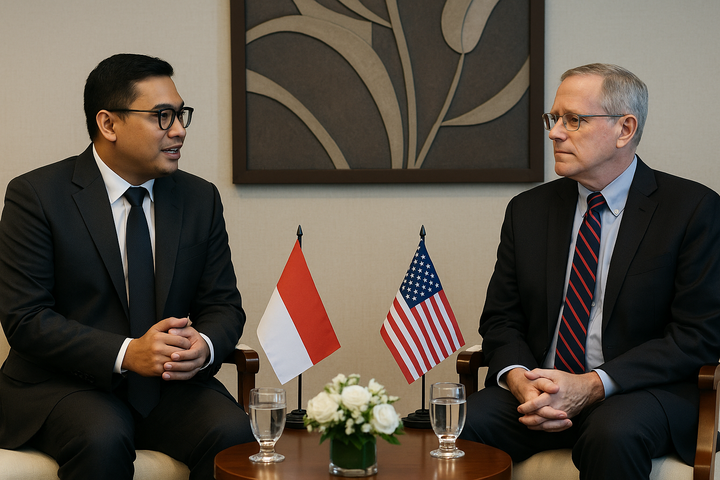Pentagon Launches Military Y Combinator Accelerator, Ushering in a New Era of Campus Innovation
Pentagon’s accelerator program drives defense tech startups on campus. Students now race to develop innovations for U.S. military needs.

Pentagon Officially Launches Military Y Combinator for Campus Startups
Through its Defense Innovation Unit (DIU), the Pentagon has made a major move by launching a military-themed accelerator program in the United States, explicitly modeled after the successful Y Combinator in Silicon Valley. This program marks a significant shift in the U.S. higher education landscape, where defense tech innovation is not only accepted but is now considered “cool” among students at top campuses like Harvard, MIT, and Stanford.
Boosting Defense Technology Innovation in Academia
This new policy emerges amid rising geopolitical tensions and a global technology race. DIU is leveraging the potential of young innovators from leading universities to accelerate the development of dual-use technologies—innovations applicable to both military and commercial needs. With a 12-week accelerator program, the Pentagon is offering a total of $500,000 to be distributed among 15 finalist teams, mentorship from technology and defense experts, and direct opportunities to connect with DoD projects and industry partners.
How Does This Military Accelerator Work?
Each selected startup must develop innovations at Technology Readiness Level (TRL) 2-4, meaning products are still in the validation stage and have not yet been used by the military. The main focus areas include artificial intelligence (AI), cybersecurity, space technology, new energy, autonomy, and additive manufacturing. The program also offers a specialized curriculum on the U.S. defense ecosystem, from procurement processes and adapting campus technology for military needs to go-to-market strategies for the defense sector.
The program runs virtually, with a final showcase in Sunnyvale, California, in October 2025. The schedule was announced nationwide in May 2025, with registration open until June 25, 2025, and finalists announced on July 25, 2025.
New Trend: Defense Startups Become Campus Magnet
This phenomenon flips the old paradigm. Previously, top university graduates preferred career paths at tech giants like Google, Meta, or Apple. Now, the focus is shifting toward defense startups. Students are beginning to see tremendous opportunities in building national security solutions and accessing the massive U.S. military market.
Support is also growing from venture investors, who are now pouring significant funds into dual-use tech startups. They believe innovative campus solutions can deliver real breakthroughs for defense needs while also unlocking commercial market potential.
Strategic Impact: Transforming the National Innovation Landscape
This Pentagon initiative isn’t just about technology—it’s a geopolitical strategy. The United States aims to close the technology gap with competitors like China and Russia. By engaging the campus ecosystem and encouraging collaboration between students, academics, the military, and private industry, the U.S. hopes to produce innovations that are faster, more adaptive, and more relevant to modern battlefield requirements.
Controversy and Ethical Challenges
The growing interest in defense also sparks debate. Some worry that the dominance of dual-use applications could blur the university’s mission as a peaceful research space. Investors also caution that overemphasizing commercial models could distract startups from urgent, military-specific solutions.
A New Era, A New Track
With the Pentagon’s university accelerator, the landscape of technology innovation in America is entering a new chapter. Defense innovation is now an integral part of campus ecosystems, reshaping higher education and opening the door for students to become the pioneers of future technology—not just for America, but for the global stage.





Comments ()